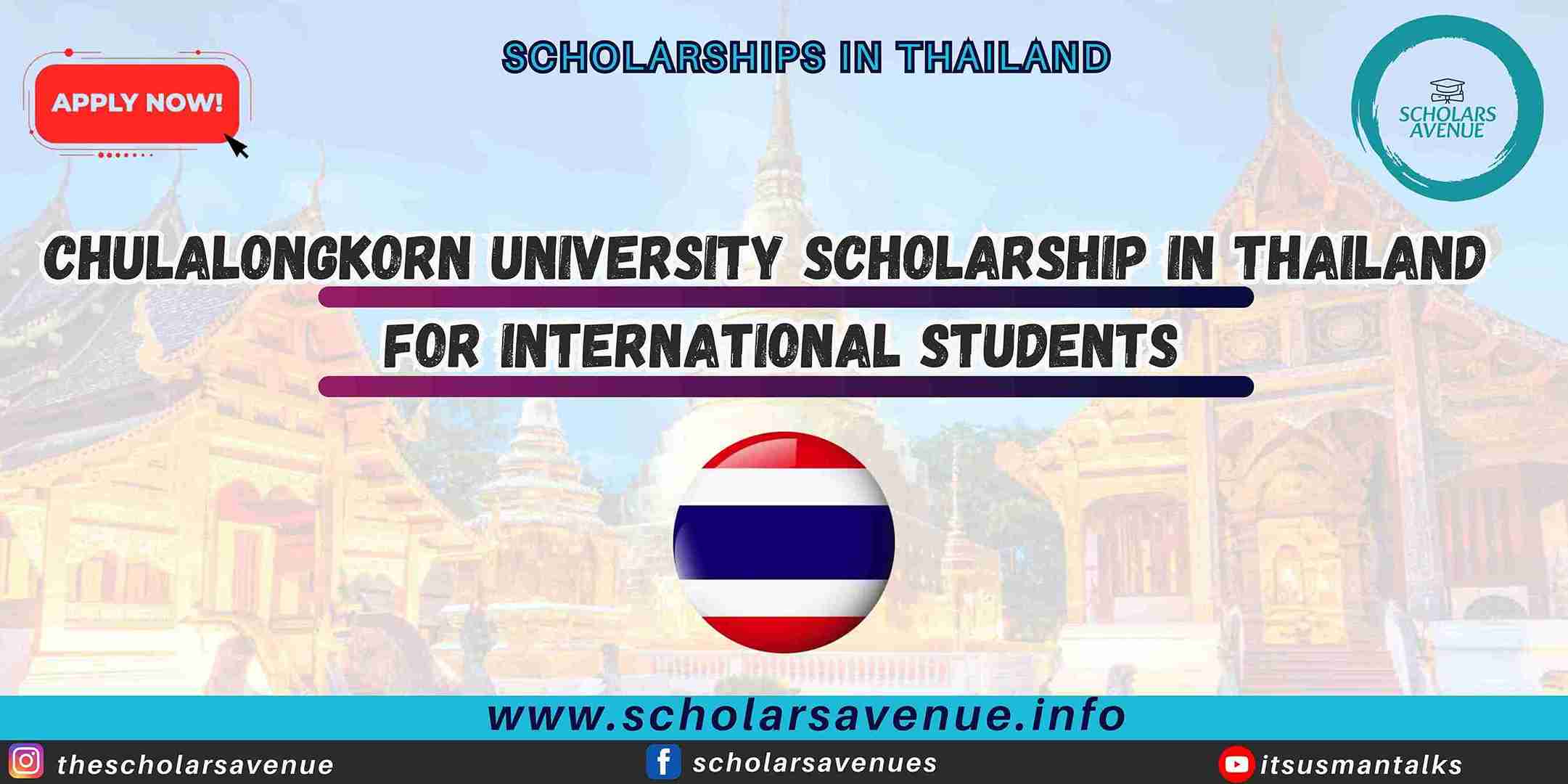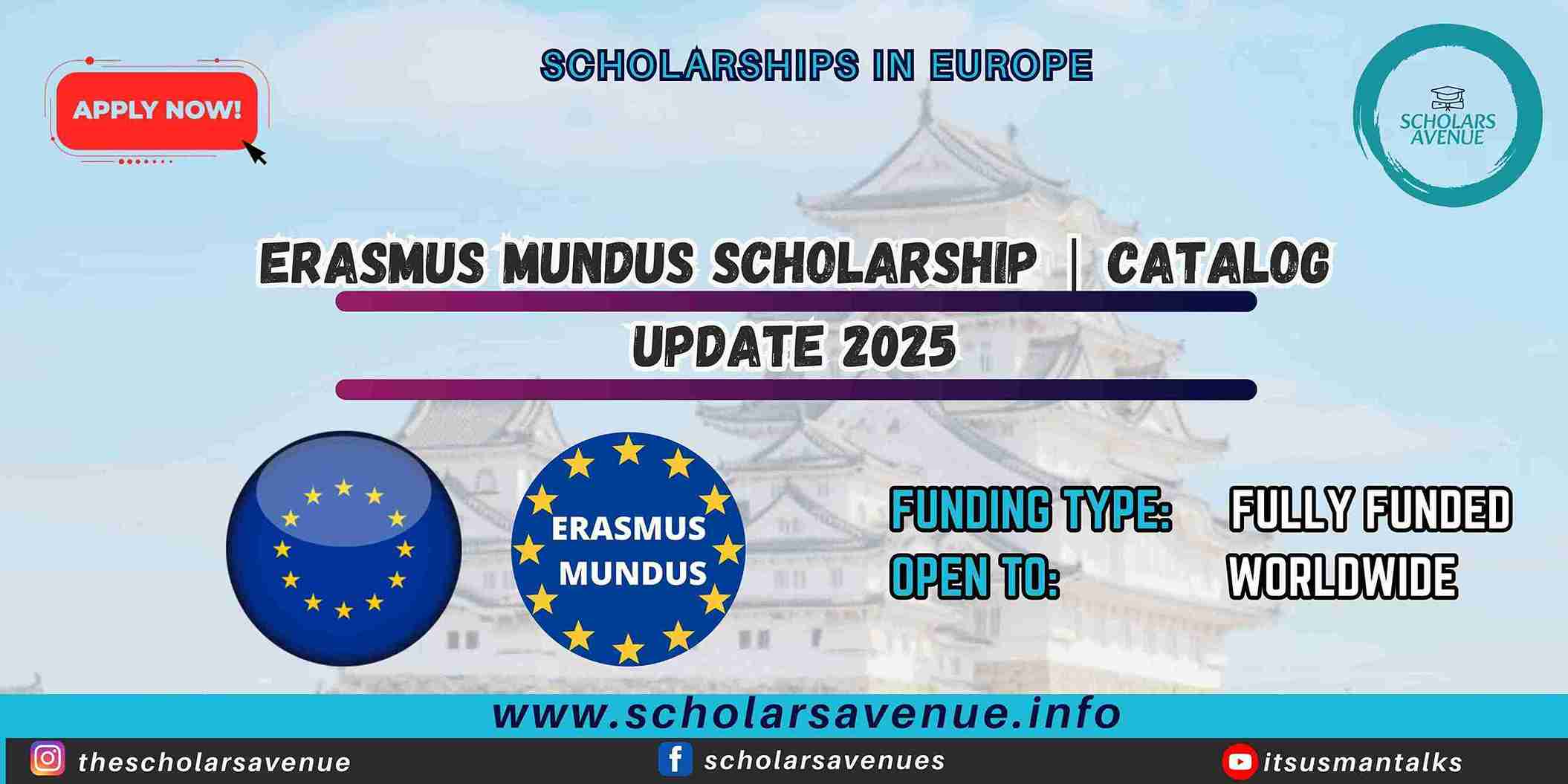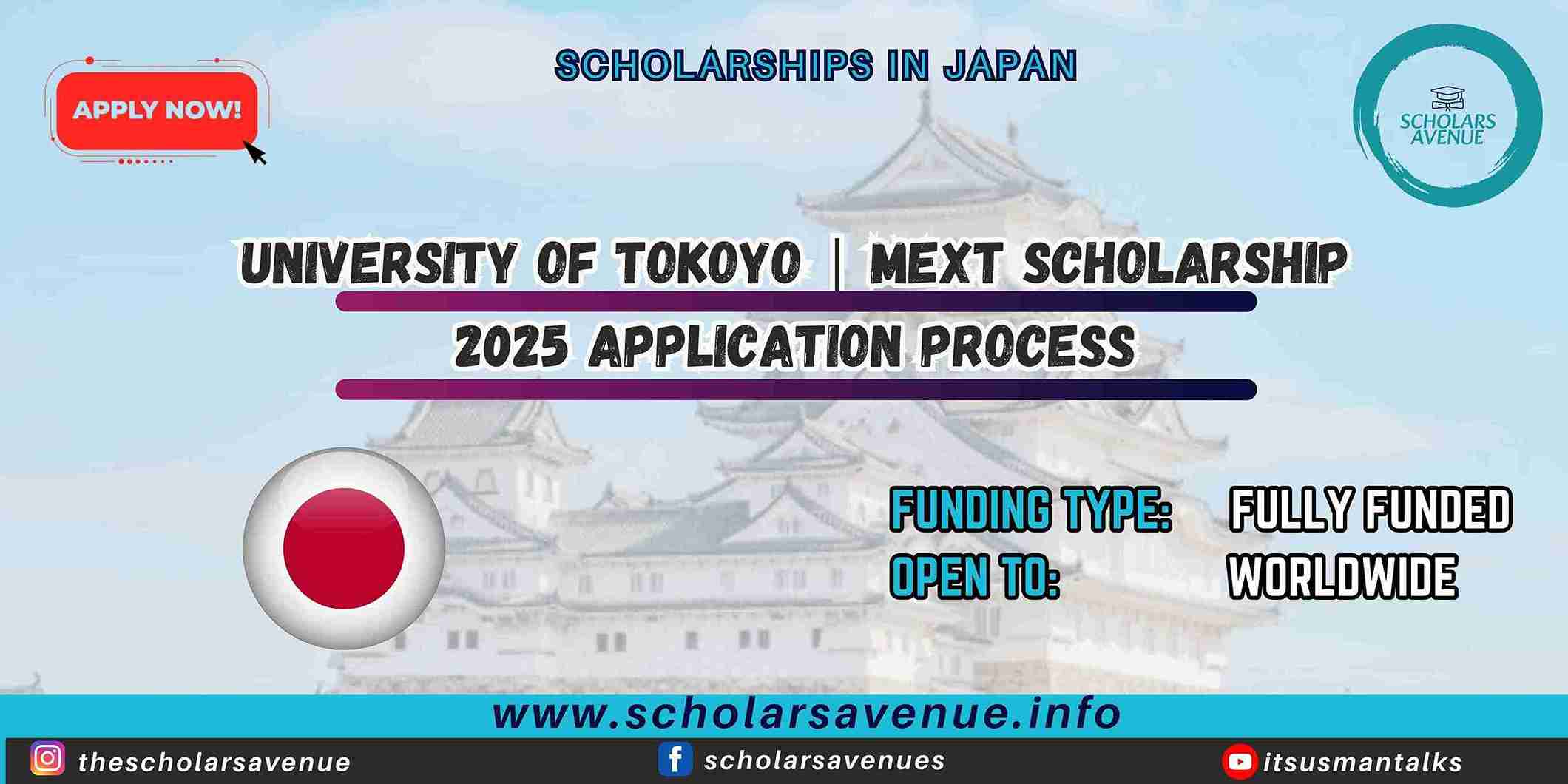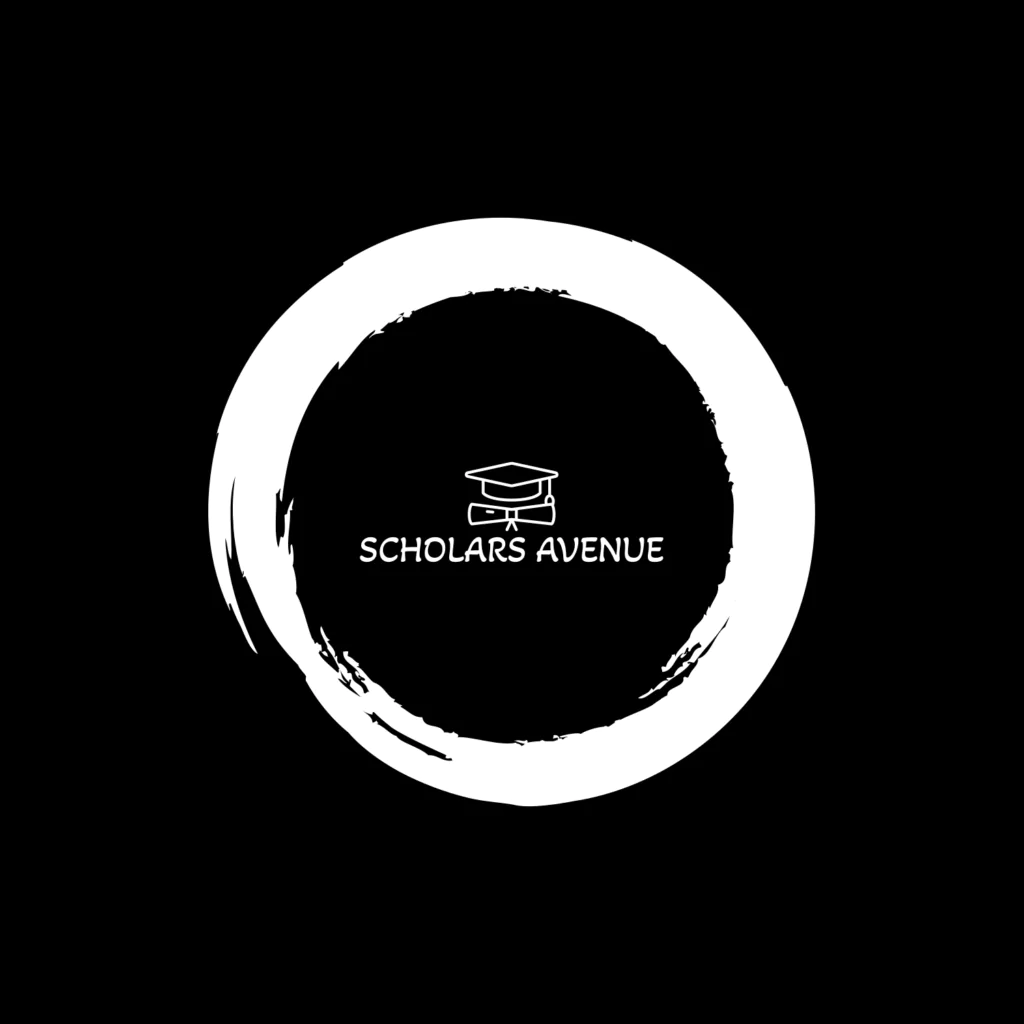When applying for the Global UGRAD program, one of the most critical components is your personal statement. This essay is your opportunity to make a compelling case for why you deserve to be selected for this prestigious scholarship. While the task may seem stressful, following a structured approach can help you craft a standout personal statement that effectively communicates your goals, experiences, and motivations. Here is a detailed guide to help you write a perfect UGRAD personal statement.
Not sure how to apply for Global UGRAD Program? Find all details here.
Understanding the Purpose
The UGRAD personal statement is more than just a description of your background—it’s a reflection of your aspirations and a demonstration of you are fit for the program. The selection committee wants to understand why you want to participate in the exchange, what your academic objectives are, and how this experience will impact your future. This is your chance to stand out from thousands of applicants, so make every word count.
What to Include in Your UGRAD Personal Statement
The UGRAD personal statement should address four key areas:
- Your Interests and Personality: Highlight what drives you, both academically and personally. This could include your passions, hobbies, or a unique trait that defines you.
- Your Academic Objectives: Explain your current field of study and your academic goals. Why did you choose your major? What do you hope to achieve academically during your time in the U.S.?
- Your Future Goals: Discuss how the UGRAD program aligns with your long-term goals. How will this experience help you grow professionally and personally? How do you plan to apply what you learn?
- Your Motivation to Study in the U.S.: Detail why you want to study in the U.S. How will this international exposure benefit your academic and career aspirations? Be specific about the type of program you’re interested in and how it relates to your future objectives.
Also check, Finland Government Scholarship for Bachelors and Masters.
Tips for Writing a Strong Personal Statement
- Start Early: Writing a compelling personal statement takes time. Begin early to allow yourself the space to brainstorm, draft, and revise your essay multiple times.
- Don’t Stress Over the Word Limit Initially: Start by writing freely without worrying about the 250-word limit. Capture all your thoughts, then refine and condense them. This approach helps you ensure that you include all relevant information before trimming unnecessary details.
- Keep It Simple and Authentic: Use clear and concise language. Your personal statement should reflect your true self, so avoid overly complex vocabulary or ideas that don’t represent you authentically.
- Maintain a Logical Flow: Structure your essay logically, connecting your past experiences with your present goals and future aspirations. A good personal statement tells a story—your story—in a way that is engaging and coherent.
- Get Feedback, But Trust Yourself: It’s beneficial to get your personal statement reviewed by a few trusted people, such as mentors or alumni. However, avoid over-relying on others’ opinions, as too much feedback can lead to confusion. Trust your instincts and ensure that the final version reflects your voice.
- Be Specific and Show Your Commitment: Avoid generic statements. Instead, provide specific examples of your experiences and achievements that demonstrate your commitment to your academic field and future career. Highlight how your goals align with the mission of the UGRAD program, particularly your desire to contribute to your community upon your return.
Also check, Shanghai Government Scholarship for Bachelors, Masters, and PhD.
What Not to Do in Your UGRAD Personal Statement
While knowing what to include in your UGRAD personal statement is crucial, it’s equally important to understand what to avoid. Here are some common pitfalls to avoid:
- Avoid Unnecessary Personal Information: Don’t start with details like your name, age, or field of study—this information is already covered in other sections of your application. Instead, focus on making your introduction engaging and relevant to your goals.
- Don’t Use “We” Instead of “I”: The personal statement is about you. Avoid describing team achievements. If you worked in a group, highlight your individual role and contributions. Use “I” to emphasize your personal experiences and leadership.
- Be Specific, Not General: Avoid vague statements. Instead, provide concrete examples that showcase your skills, experiences, and ambitions. This not only makes your statement more compelling but also demonstrates your clarity of thought.
- Don’t Focus Solely on Academic Achievements: The selection committee is interested in your overall development, not just your grades. Highlight your leadership roles, volunteering experiences, and any extracurricular activities that reflect your personal growth and community impact.
- Avoid Overcomplicating Your Language: Don’t use complex vocabulary or lengthy sentences to impress. Keep your language simple and your message clear. Authenticity and clarity are more valuable than high-level words.
- Don’t Ignore the Scholarship’s Purpose: Remember, the UGRAD program is about cultural exchange and contributing to your community upon returning home. Your statement should reflect your commitment to these values and your vision for making a difference.
By avoiding these mistakes, you’ll craft a personal statement that is not only well-rounded and focused but also aligns perfectly with what the UGRAD program seeks in its candidates.
Still Unsure How to Write Perfect Personal Statement for UGRAD?
Consider using our Professional Services to polish your application and stand out from the crowd.
For detailed videos on relevant opportunities check out:
The UGRAD personal statement is your chance to showcase your individuality and your readiness for this exchange program. By following these guidelines and remaining true to yourself, you can craft a compelling essay that not only meets the requirements but also makes a lasting impression on the selection committee. Remember, clarity, authenticity, and a well-organized narrative are the keys to a successful personal statement. Good luck!
Frequently Asked Questions (FAQs)
What is the purpose of the personal statement in the Global UGRAD program application?
The personal statement is a key component of the Global UGRAD program application. It allows you to showcase your academic objectives, personal interests, future goals, and motivation for studying in the U.S., helping the selection committee understand why you should be chosen for the program.
How long should the personal statement for the Global UGRAD program be?
The personal statement should be concise, with a word limit of 200 to 250 words. It’s important to be clear and focused, ensuring that every word contributes to your overall message.
What key areas should I focus on in my Global UGRAD personal statement?
Your Global UGRAD personal statement should cover four main areas: your interests and personality, academic objectives, future goals, and your motivation for studying in the U.S.
Can I mention teamwork in my Global UGRAD personal statement?
While teamwork can be mentioned, it’s essential to focus on your individual contributions and experiences. Use “I” instead of “we” to highlight your personal role and achievements.
Should I include my personal details like name and age in the Global UGRAD personal statement?
No, avoid including basic personal details like your name, age, or field of study in the personal statement. This information is already covered in other sections of your application.
How can I make my Global UGRAD personal statement stand out?
To make your personal statement stand out, be specific about your goals and experiences. Use concrete examples that showcase your leadership, volunteer work, and how the Global UGRAD program aligns with your future plans.
Is it okay to use complex vocabulary in my Global UGRAD personal statement?
It’s best to keep your language simple and clear. Avoid using overly complex vocabulary; instead, focus on delivering an authentic and well-organized narrative.
What common mistakes should I avoid in my Global UGRAD personal statement?
Common mistakes include including unnecessary personal information, using vague statements, focusing only on academic achievements, and not aligning your goals with the purpose of the Global UGRAD program.
How should I structure my Global UGRAD personal statement?
Structure your personal statement logically, with a clear introduction, purpose, and conclusion. Make sure each section flows smoothly into the next, creating a coherent narrative.
Can I get help with my Global UGRAD personal statement?
Yes, it’s a good idea to get feedback from mentors, alumni, or professionals. However, ensure that the final version of your statement reflects your own voice and personality.









